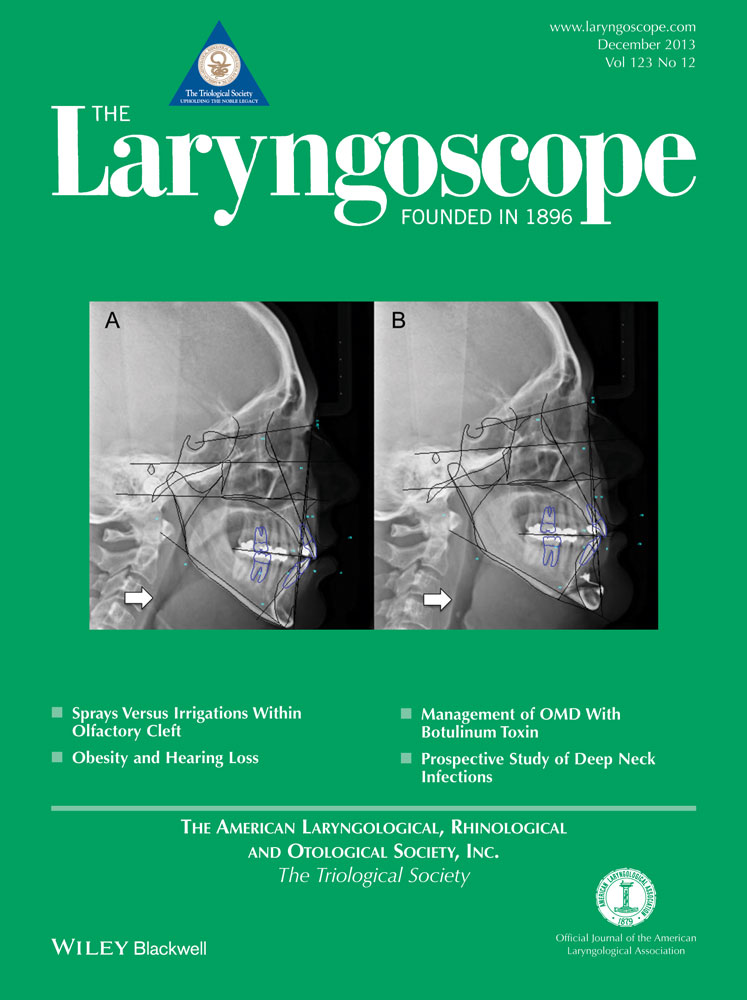Determinants of resident competence in mastoidectomy: Role of interest and deliberate practice
Some outcomes of this article were presented as a poster at the Triological Society 2011 Combined Sections Meeting, Scottsdale, AZ, USA, January 28th, 2011.
The authors have no funding, financial relationships, or conflicts of interest to disclose.
Abstract
Objectives/Hypothesis
This study explores the influence of selected factors on achievement of competency in mastoid surgery.
Study Design
A prospective study of surgical performance and a retrospective survey of learner and training factors.
Methods
The longitudinal performance of 15 residents was evaluated using the mastoidectomy task-based checklist (TBC). The influence of surgical experience, resident interest, and training factors (course attendance, voluntary use of simulation laboratory) was also examined and compared for the acquisition of distinct levels of technical skill difficulty (cortical mastoidectomy vs. facial recess).
Results
Ninety-six observations made during the first otology rotation were analyzed. Cortical mastoidectomy tasks showed positive associations with cumulated case numbers (OR 1.13, CI 1.04–1.23, P = .003) and interest in otology (OR 3.86, CI 1.21–12.27, P = .022). Facial recess tasks showed a larger positive association with interest in otology (OR 10.38, CI 2.25–47.94, P = .003), and negative association with extra time spent in laboratory practice (OR .05, CI 0.011–0.23, P = .000).
Conclusions
Learning trajectory for cortical mastoidectomy and facial recess may be influenced by different factors. Interest in otology, in particular, may have a moderating effect on the acquisition of more complex skills in mastoid surgery. A negative association between self-directed laboratory simulation and performance may reflect the impact of assessment-guided feedback in promoting deliberate practice. Further investigations are suggested to explore the interactions between individual trainee differences, educational models, and learning outcomes.
Level of Evidence
N/A. Laryngoscope, 123:3162–3167, 2013




